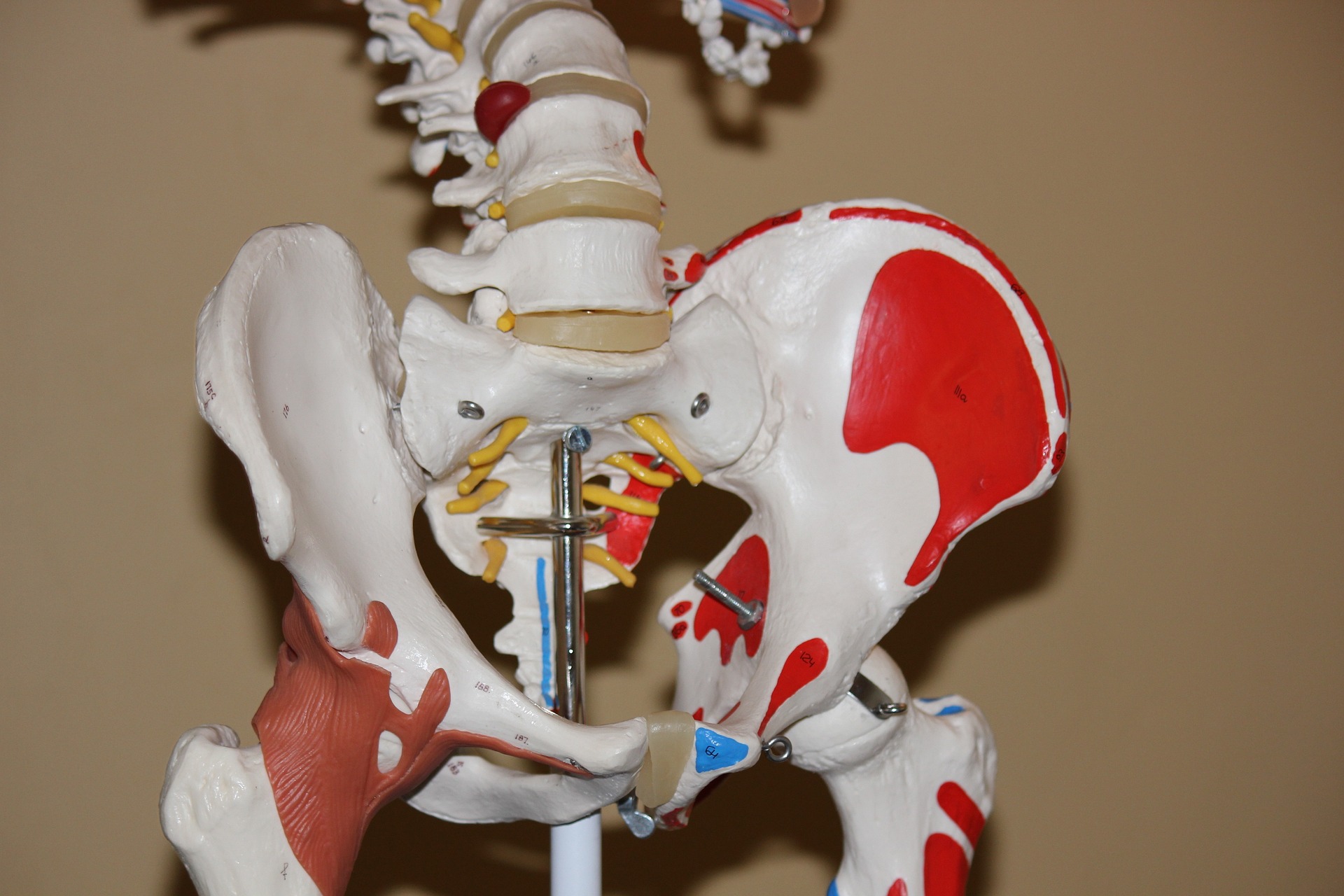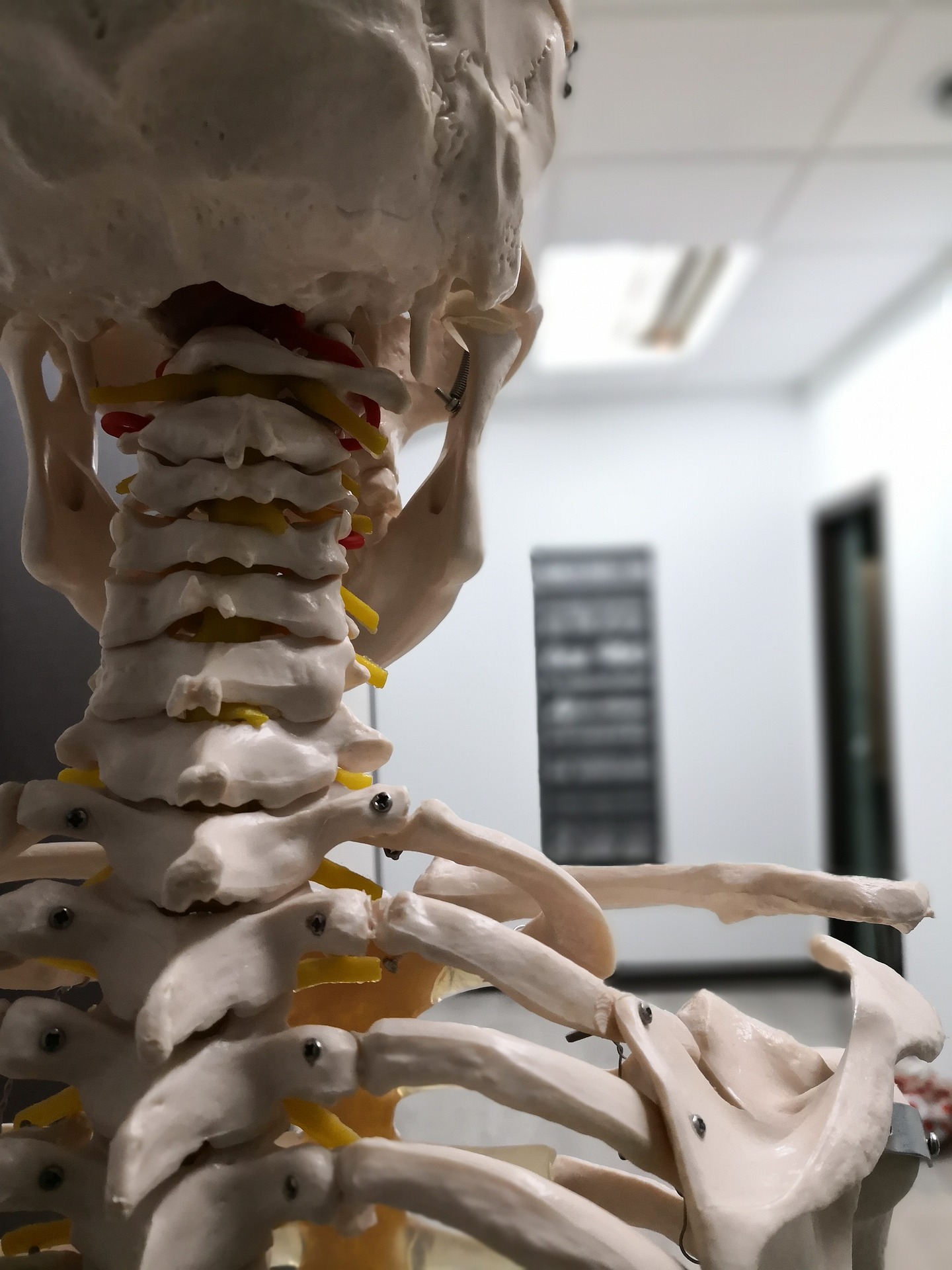As a physiotherapy student, learning anatomy and physiology is one of the most crucial and challenging aspects of your degree. Understanding the intricate workings of the human body is essential for any healthcare professional, and it’s especially important for physiotherapists, who use their knowledge of anatomy and physiology to assess and treat a wide range of conditions.
In this blog post, we’ll explore some of the challenges of learning anatomy and physiology at university, as well as strategies to make learning and revision easier. We’ll also discuss the importance of having a good foundation of knowledge within this area.
Challenges of learning anatomy and physiology
There are several challenges that physiotherapy students may face when learning anatomy and physiology. Here are some of the most common ones:
- The volume of information
Anatomy and physiology cover a vast amount of information, and it can be overwhelming to try to memorize everything. Students must learn the names of all the bones, muscles, organs, and systems in the body, as well as their functions and how they interact with each other. This requires a significant amount of time and effort.
- The complexity of the subject matter
Anatomy and physiology are complex subjects that require a deep understanding of biology and chemistry. Many of the concepts are abstract and difficult to visualize, which can make them hard to grasp.
- The use of scientific terminology
Anatomy and physiology use a lot of technical language, and it can be challenging to understand and remember all the scientific terms. Students must be able to use this terminology accurately and confidently when communicating with other healthcare professionals.
Strategies to make learning and revision easier
Fortunately, there are several strategies that physiotherapy students can use to make learning and revision easier. Here are some of the most effective ones:
- Active learning
Active learning is a highly effective way to retain information. Instead of just reading a textbook or listening to a lecture, actively engage with the material by taking notes, creating diagrams or mind maps, and asking questions. This will help you to understand and remember the information better.
- Use visual aids
Visual aids, such as diagrams, videos, and 3D models, can help you to understand complex concepts better. They can also make the learning process more engaging and enjoyable.
- Practice, practice, practice
Repetition is key to learning and retaining information. Practice recalling the information regularly, whether that’s through quizzes, flashcards, or past exam papers. This will help to consolidate the knowledge in your long-term memory.
- Group study
Studying with a group can be helpful for anatomy and physiology because it allows you to discuss and explain concepts to others. This can deepen your understanding of the material and also help you to remember it better.
- Seek help when needed
If you’re struggling to understand a concept, don’t be afraid to ask for help. Talk to your professors, tutors, or classmates for clarification. There are also plenty of online resources, such as Khan Academy, which offer free tutorials and practice exercises.
The importance of having a good foundation of knowledge
Having a good foundation of knowledge in anatomy and physiology is essential for physiotherapists. Here’s why:
- Accurate assessment
Physiotherapists must be able to accurately assess their patients to determine the root cause of their symptoms. This requires a deep understanding of anatomy and physiology.
- Effective treatment
Once a physiotherapist has identified the problem, they need to develop a treatment plan that targets the underlying cause. A solid knowledge of anatomy and physiology is crucial for designing effective treatment plans.
- Communication with other healthcare professionals
Physiotherapists work as part of a multidisciplinary team, and they must be able to communicate effectively with other healthcare professionals, such
If you feel you would benefit from additional learning support regarding your anatomy and physiology there are several options, as already mentioned you can extra help – contact me to find out about bespoke sessions to help with your learning and also with the clinical application of your learning.
Alternatively consider resource packs that are put together and designed by medical professionals specifically for students, trying to simplify and facilitate learning. Click on the following link to find out more. Anatomy and Physiology Resources for medics and health care professionals.



